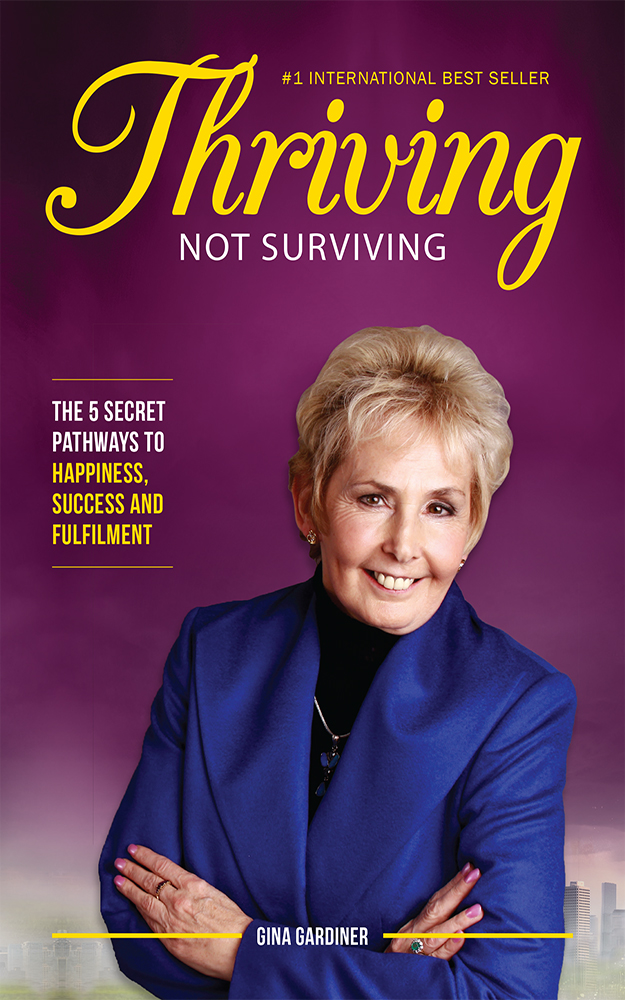Recovering Workaholics is an organization set up for those of us who have proved ourselves to be very successful in our career but realize that work simply isn't enough. It is designed for people who are used to being in high- powered positions and have concentrated on building a career rather than a life.
There are many different theories about what motivates us. In NLP terms (Neuro-Linguistic Programming) the universal drivers are pain and pleasure. Some people will be motivated by pleasure – they will be drawn towards those things which give them a sense of pleasure and satisfaction. Others will be driven by avoiding pain.
The relationship we have with ourselves is based on a number of things, our genetic makeup and hormonal and chemical balance – (nature), how we are bought up – (nurture) and on our interpretation of all our experiences both positive and negative, throughout our lives.
Our interpretation of the world is based on the set of beliefs we have about ourselves and our relationship with the world.
If we believe we are lucky, we are much more likely to actually be lucky.
If it happens occasionally it is likely to cause some minor irritation or inconvenience which is short lived. But if it has become the way of life it can be extremely damaging to our sense of self worth and in some contexts our health and well being.
When you are feeling at your most alive – raring to go and full of passion and energy – what are you doing?
When you feel tired and out of sorts, pulled down and exhausted what is at the bottom of your lack of energy?
We all lead incredibly busy lives. Almost every one you speak to complains that they are short of time and have too much to do. For many of us the way in which we deal with our “To Do” list can add to our sense of overwhelm leading to high levels of stress and a diminished sense of self worth.
Much is spoken and written about wealth. Many of us dream about having a life style supported by unlimited funds, indeed this is the basis for lotteries run world wide.
There is a paradox too in the research which has been done looking at the levels of happiness and satisfaction of those who have earned or won large sums of money. Money it seems, fails to buy a sense of fulfilment and contentment for a high proportion of those who attain their dream of being rich.
Pure love is very simple. You love the person for who they are – right now, whatever they are doing or not doing. In its simplest terms, you love them and give your love unconditionally.
Many of us believe that is what we do, yet, the reality is, we love them, but we want something in return, this is called horse trading. A classic example of this is how we give our attention to others.
We all play games. No I’m not talking about football, cards or tiddlywinks. I’m talking about the games we play with ourselves and others.
The "I’m not going to listen to what you have to say - even if it makes perfect sense, because if I do it will mean that you are right and I’m wrong" game



